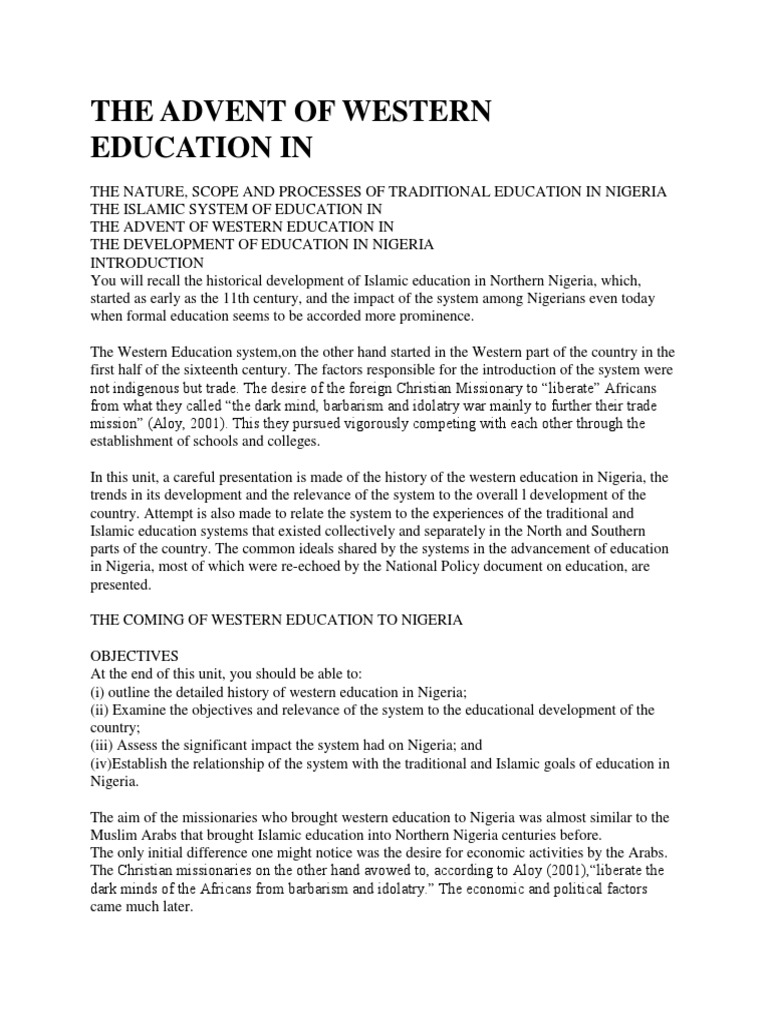The Struggle for Cultural Identity in African Education
A professor of Philosophy of Science, Logic, and Critical Rationalism at Lagos State University, Oseni Afisi, has raised concerns about the growing disconnection between African students and their cultural heritage. He attributes this to the dominance of Western theories and philosophies in educational curricula across the continent. According to Afisi, African scholars are often pressured to adopt foreign intellectual frameworks, which leads to a crisis of identity and conflicting value systems.
During his inaugural lecture titled “The Oracle and the Open Society: Rethinking the Evolution of Authority and the Pursuit of Epistemic Justice in African Philosophical Thought,” Afisi highlighted the dilemma faced by Africans who are caught between embracing ancestral wisdom and conforming to Western rationality. This tension is evident in the clash between traditional spiritual beliefs and imported religious doctrines.
For centuries, African knowledge systems—spanning medicine, governance, philosophy, and environmental management—were systematically devalued and dismissed as “superstition” by colonial powers. European colonizers imposed their educational models, replacing indigenous wisdom with Western science, philosophy, and religion. Indigenous systems such as Ifá, which are coherent, interpretive, and ethically grounded, were rebranded as irrational.
Today, African schools and universities continue to embrace Western philosophers, scientists, and theorists, leaving students disconnected from their cultural heritage. This intellectual dependency perpetuates a mindset of inferiority, where African scholars are pressured to adopt foreign theories rather than develop their own.
Addressing the Crisis of Identity
Afisi warned that this dependency entrenches a sense of inferiority among African scholars, who are often compelled to rely on foreign theories rather than develop original frameworks rooted in local realities. To address the problem, he called on educators and policymakers to reform education curricula at all levels to integrate African perspectives in science, logic, and ethics.
He advocated for the development of textbooks and learning materials that emphasize dialogical reasoning, moral accountability, and critical thinking rooted in local languages, oral traditions, and community experiences. Afisi emphasized that curricula must be reformed to include African perspectives in science, logic, and ethics. Beyond token inclusion, educational content should reflect the depth, complexity, and contemporary relevance of African philosophies.
Afisi also urged the government to formally recognize and regulate the interface between biomedicine and traditional healing systems. He stressed the need for policies that mandate the integration of African philosophical perspectives into both humanities and science education. Public intellectuals and philosophers should be appointed to policy advisory roles to ensure reflective and culturally-sensitive governance. He advocated for the inclusion of Philosophy as part of courses taught in Nigeria’s JUPEB or A/Levels system.
The Impact of Neocolonial Influences
Afisi warned against ongoing neocolonial influences, which he said have deepened Africa’s identity crisis and contributed to intellectual stagnation. He pointed out that one of the most significant problems facing Africa is epistemic hegemony and intellectual marginalization. Closely related to this issue is the crisis of identity and epistemic fragmentation.
African societies find themselves caught between conflicting value systems, traditional ethics rooted in communal values, religious doctrines introduced by missionaries, and secular individualism promoted by Western modernity. Afisi argued that Africa’s underdevelopment is compounded by political dependency and external control. Many African states remain economically and intellectually reliant on former colonial powers and global financial institutions such as the International Monetary Fund and the World Bank.
African economies are structured around the export of raw materials and the import of finished goods, leaving them vulnerable to global market fluctuations. Politically, African leaders often adopt policies dictated by foreign donors rather than pursuing independent, context-sensitive development strategies. Intellectually, African universities and research institutes continue to rely on foreign theories, often dismissing indigenous knowledge as primitive.
This dependency is reinforced by a crisis of leadership and ethical erosion. In many African societies, leadership is marked by corruption, nepotism, and the pursuit of personal gain. Traditional values of integrity, accountability, and communal responsibility have been replaced by a culture of impunity. Afisi concluded that addressing these challenges requires a fundamental shift in how African societies perceive and value their cultural and intellectual heritage.







